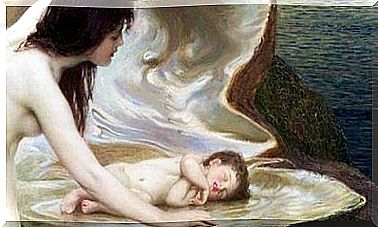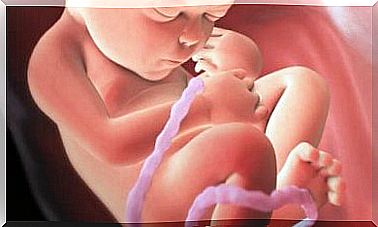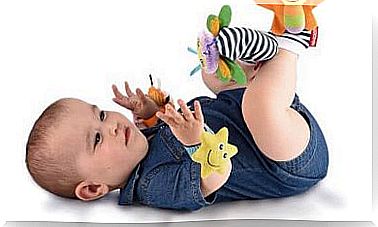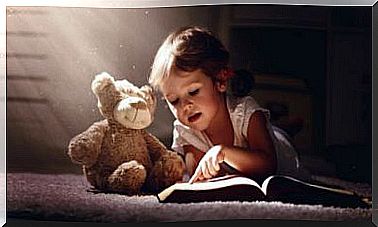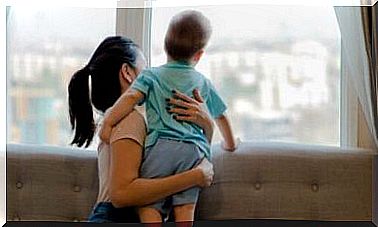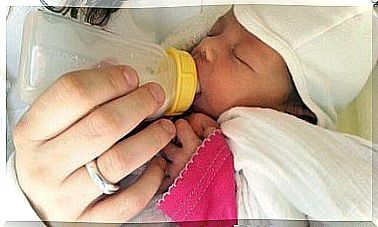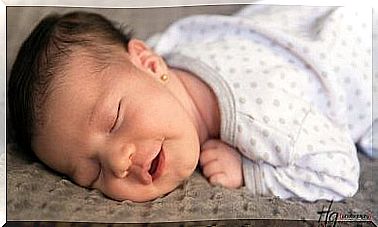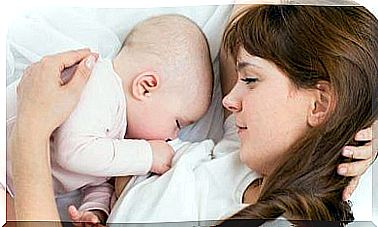What Is Child Psychology? The Basics
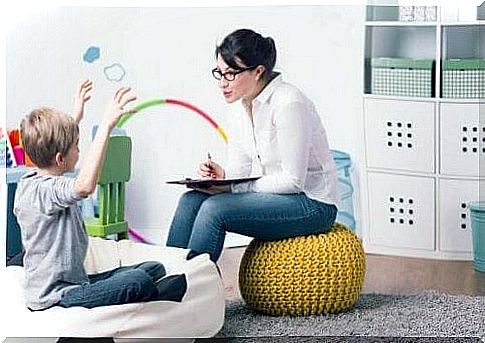
Pediatric psychology has specialized in the study of psychological processes in childhood in the context of child development. Child psychology began in the 19th century with a more biological focus. In the 20th century, however, the field expanded to include theories such as psychoanalysis, cognitive psychology, and constructivism.
Jean Piaget’s contributions set the course for pediatrics with his “learning theory”. The psychologist devoted himself to research into the various developmental stages of children. Piaget described how children perceive themselves and the world around them, from birth through puberty.
How child psychology studies children
With an understanding that regards children as very complex, this discipline covers motor, language, emotional, perceptual, physical, cognitive and social aspects of children. Child psychologists can work in one or another scientific school and base their interventions on the contributions of each theory.
Child psychology is concerned with the way each stage of development happens for each child, or vice versa, and sets parameters and codes (which generally follow a wide area of relativity) in the field of child mental health.
Also speaking child psychologist children in their environmental context. Of course, it’s important to know your local area and understand when to diagnose and get treatment. The specialist must therefore determine the following:
- How context variables (family, school) and biological traits (genetics) affect the child’s behavior.
- How environmental changes affect the child’s mental health.
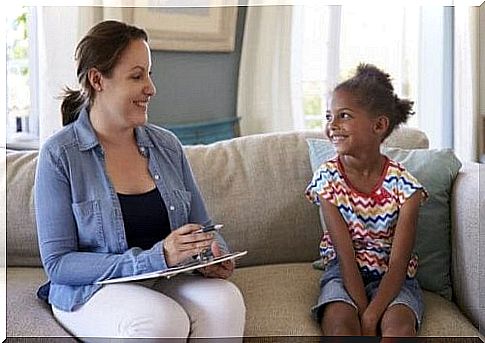
Some topics from Piaget’s cognitive theory
To understand pediatric psychology, it is important to understand how psychologist Jean Piaget presented it. Basically, he insisted on the theory that children of all ages naturally acquire the ability to solve certain problems: motor, cognitive, and emotional.
For Piaget, the developmental stages were understood as cognitive structures. These fundamentals always develop in the same order over time.
However, the idea is not to focus on the age of the subject. Instead, it is important that each cognitive stage take place without skipping. At the same time, each stage must be seamlessly integrated into the next.
The stages of child development according to Jean Piaget are:
- The sensorimotor stage (0 to 2 years). Children get to know the world and their own abilities through their senses.
- The pre-operative phase (2 to 7 years). Children can think symbolically, which among other things enables them to speak. At this stage, however, her thoughts are still self-centered. In other words, they only understand the world from their own perspective.
- The specific operating phase (7 to 12 years). Children can use logical and deductive principles. Comparative operations such as reversibility and sequencing are some of the skills acquired at this stage. However, this “learning stage” still rules out abstract thinking.
- The formal process phase (from 12 years). The subject acquires the ability to make hypotheses, projections, and full formal operations during puberty and adulthood.
Current trends in child psychology
Today, cultural change is happening at a dizzying pace. As a result, children behave very differently than children did 100 years ago. These days, terms such as:
- Anxiety disorders
- Attention deficit
- sleep disorders
- depression
- general autism spectrum disorder
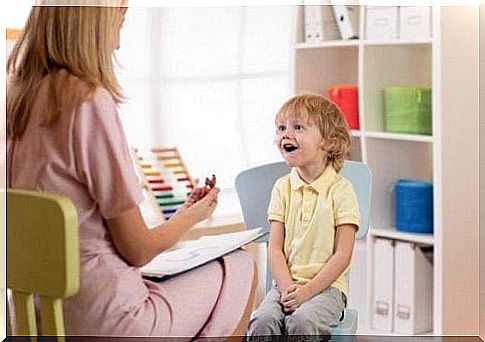
These disorders result in children not responding to certain standard norms. The traditional theories of child psychology are therefore constantly being revised and modernized in order to adapt them to the needs of new and different generations.
The ubiquity of technology, the crisis of the heteropatriarchal family and the creation of new family types constantly require new theoretical approaches from child psychology.
In this way, there are new ways to see things that continue to change for teachers, schools and learning centers.
In summary, an outdated definition of childhood will create an irreconcilable gap between the new and old generations. As a result, many experts continue to apply scientific parameters to childhood, which only widen the gap.
